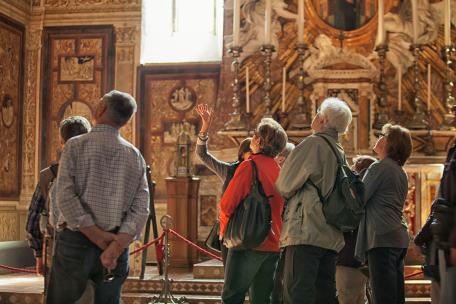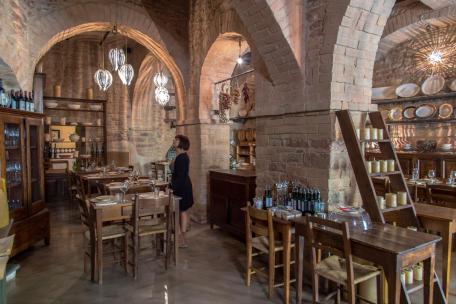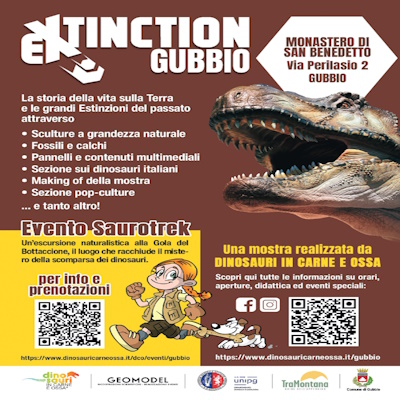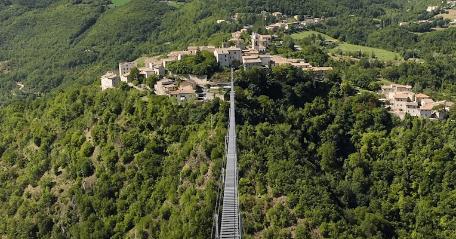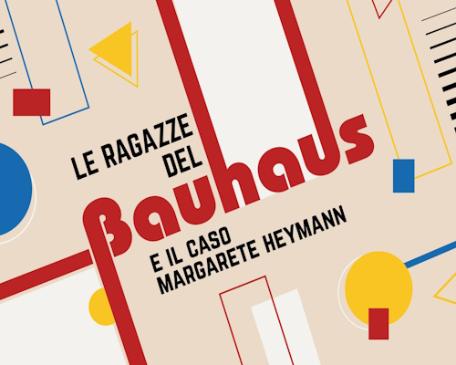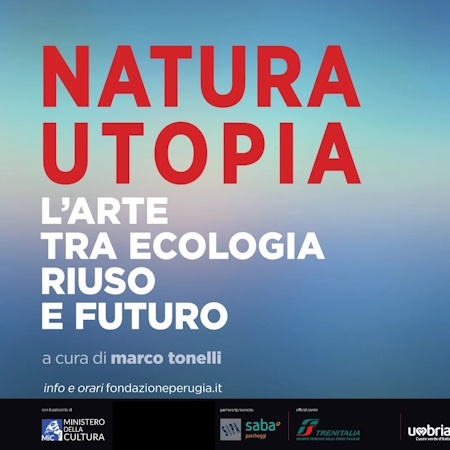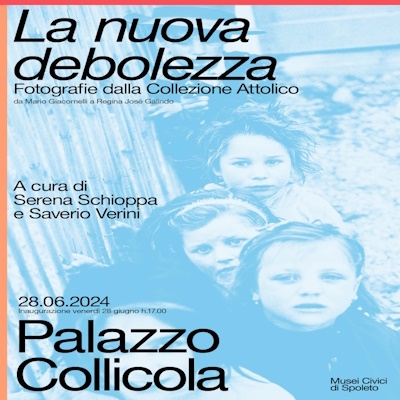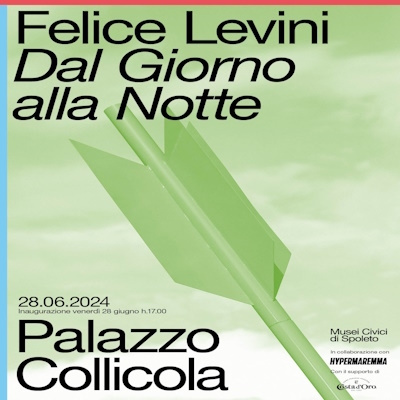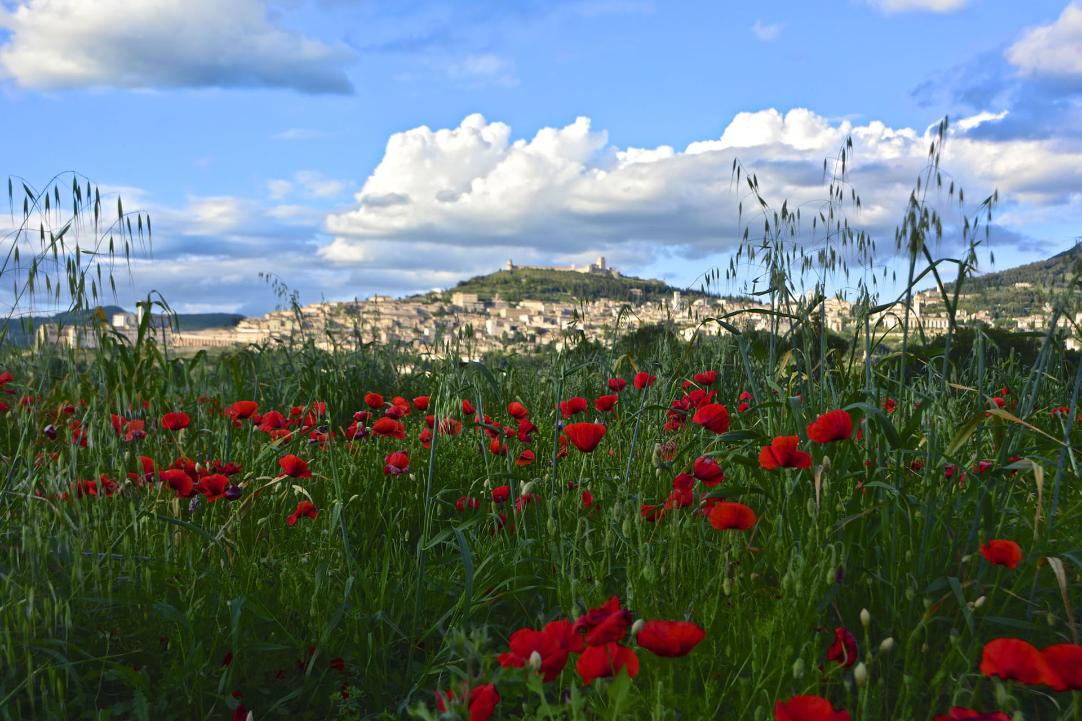How many spiritual itineraries do you know? Certainly you'll have heard of the Santiago de Compostela Way, or of the ancient Via Francigena, two roads used by pilgrims to reach places of devotion and find themselves along the way. But Italy boasts many more spiritual paths, such as the Vie Romee or the Via Teutonica. Leaving aside Sigerico's itinerary, let us concentrate on the Cammino della Luce, the Path of Light, which also ends in Rome.
Our starting point is Perugia, the Guelph city par excellence, enclosed behind walls dating back from Etruscan times, and since time immemorial a reference point for arts, culture, and traditions. We begin by entering the so-called Marcia della Pace, or Peace March, a path which leads us to churches and historically relevant buildings.
Taking as our reference point the Basilica of St. Francis, we reach Assisi, at the foot of Mount Subasio. As this is a well-known religious destination, it comes as no surprise to find it full of basilicas and sanctuaries along the way.
Let us also give some space to the artisanship of Deruta, home of ceramics and majolica. In Todi, by contrast, it is possible to explore the underground cisterns built by the ancient Romans, or to admire the Temple of Consolation, a masterpiece designed by Bramante.
Leaving the historic centre, we come across the chapel of the Beata Vergine del Perpetuo Soccorso, and the small church of Santa Maria delle Grazie. Taking a walk along the Arnata river and entering the nearby wood, we reach Castel dell'Aquila.
From here we descend down a rather steep path, followed by an easier tract which brings us to Amelia. Perched atop a rocky hill, the town is a marvel to behold, a real gem, connected to numerous legends and surrounded by green expanses of olive trees and holms.
Before taking to the path once more, the town deserves a stop even if just to admire from up close Agostino di Duccio's sculptures, the Duomo, and the country church of the Madonna delle Cinque Fonti. And finally, we come to Orte, accompanied by unique vistas of tall trees and rushing torrents. nbsp










